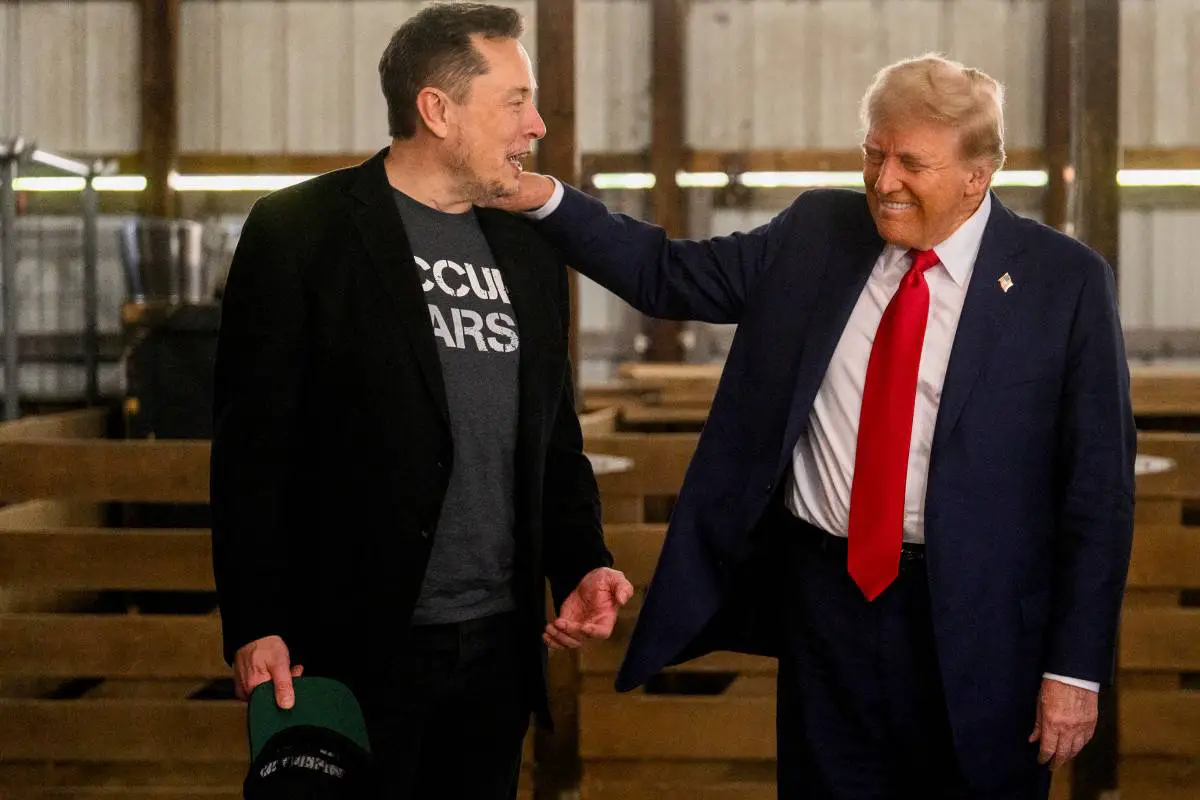Mike Tyson’s ascent, decline, and financial difficulties
Mike Tyson’s financial saga serves as a lesson in the extremes of wealth and hardship. In the late 1980s, at the height of his career, Tyson held the title of undisputed heavyweight champion of the world, enjoying worldwide recognition and amassing tremendous wealth. His net worth once peaked at an estimated 0 million, positioning him among the richest athletes globally.
Yet, Tyson’s wealth rapidly disintegrated due to a mix of legal issues, extravagant expenditures, and dubious financial decisions. In 1992, he was found guilty of rape and received a six-year prison sentence, though he was released on parole after three years. This event sparked a chain of incidents that profoundly affected his ability to earn.
Upon his release, Tyson’s notorious bout with Evander Holyfield in 1997, during which he infamously bit off a portion of Holyfield’s ear, resulted in a 16-month suspension from the boxing ring. This disqualification, together with his lavish lifestyle, hastened his financial downfall. Tyson’s extravagant spending was legendary, with accounts of multiple mansions priced in the millions, luxury automobiles, and even Bengal tigers that necessitated expensive care. One of his more infamous acquisitions was a million gold-plated bathtub for his then-wife, Robin Givens.
Despite earning substantial sums, including 3 million for his 2002 match against Lennox Lewis, Tyson filed for bankruptcy in 2003, disclosing debts totaling million. His financial liabilities included .4 million owed to the IRS, million to UK tax authorities, and millions more owed to various professionals, such as attorneys and financial advisers. Tyson also accused his promoter, Don King, of taking as much as 50% of his earnings; however, he only secured million from a lawsuit settlement, much of which went towards settling his debts.
Even after declaring bankruptcy, Tyson continued to earn considerable amounts from boxing, including million for a 2004 fight against Danny Williams and million for a rematch with Holyfield. Nevertheless, by 2010, Tyson publicly confessed on “The View” that he was “completely broke and destitute.”
In recent years, Tyson has been working to restore his wealth. His estimated net worth now stands at million, though this may be underreported considering his involvement in the cannabis sector. Tyson co-founded “Tyson 2.0,” a cannabis brand based in Las Vegas, which amassed 0 million in revenue in 2023. While his financial status may never return to previous levels, Tyson remains a marketable personality capable of attracting considerable attention and revenue.
The forthcoming Tyson vs. Jake Paul match
The impending bout between Mike Tyson and Jake Paul is poised to become one of the most eagerly anticipated events in the combat sports arena. Set for November 2024, the fight will be streamed worldwide on Netflix, signifying a notable occasion not only for boxing but for the entertainment sector as a whole. Initially planned for July, the event was postponed due to Tyson experiencing an ulcer flare-up. With a new date now confirmed, excitement is mounting and the financial stakes are significant.
Jake Paul, a YouTube star who has transitioned into professional boxing, is 31 years younger than Tyson and enters the match as the favorite. Paul has successfully parlayed his extensive social media following into a thriving boxing career, and this encounter with Tyson is anticipated to be his biggest jackpot thus far. Paul has articulated his objectives clearly, stating, “I’m here to make 40 million dollars and take down a legend.”
For Tyson, this fight signifies more than just another financial opportunity. At 58 years old, he may be past his heyday, but he continues to be a powerful presence in the ring. He has shrugged off the oddsmakers’ predictions, confidently asserting, “Others my age haven’t trained as diligently or been as consistent as I have, and I’m simply a different breed of human.” Tyson’s self-assurance, coupled with his iconic status, guarantees that this match will capture significant attention from both passionate boxing enthusiasts and casual observers.
The financial ramifications of this matchup are considerable. The two fighters are anticipated to evenly split an million purse, with each walking away with million. For Tyson, this payday could greatly enhance his current net worth, estimated at million. While this amount is minuscule compared to the hundreds of millions he once had, it exemplifies Tyson’s lasting marketability, enabling him to command such a hefty sum at this stage of his career.
From a business standpoint, this fight is a strategic move for both competitors. For Paul, it’s an opportunity to further solidify his identity as a legitimate boxer while exploiting the global appeal of facing a legend like Tyson. For Tyson, it represents a chance to continue reconstructing his financial portfolio while remaining relevant in the public sphere. The bout will occur at AT&T Stadium in Arlington, Texas, a venue recognized for hosting major sporting occasions, and is expected to attract a massive global audience, both live and through streaming.
For Australian investors and business leaders, the Tyson-Paul match serves as a reminder of the increasing convergence of sports, entertainment, and digital platforms. The involvement of Netflix, a major streaming service, in broadcasting the fight highlights the growing significance of digital media in sports distribution. This trend opens up new possibilities for Australian businesses engaged in media, technology, and sports marketing to consider innovative revenue channels and partnerships in the international sports entertainment landscape.
Furthermore, the fight accentuates the importance of personal branding and leveraging one’s public image for financial advantage. Both Tyson and Paul have crafted their careers around their talent for capturing public interest, and this fight exemplifies how athletes and entertainers can continue to monetize their brands well beyond their peak athletic years. For Australian athletes and influencers, the Tyson-Paul match offers a valuable case study in extending one’s earning capabilities through strategic partnerships and media initiatives.

